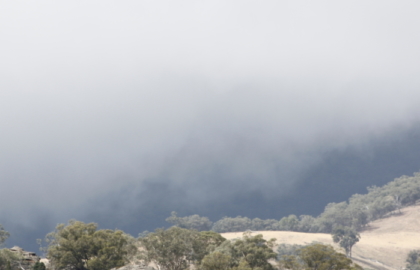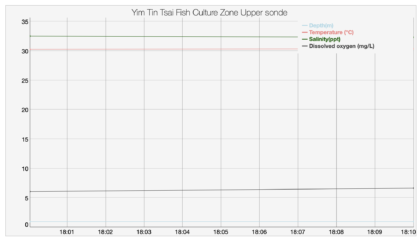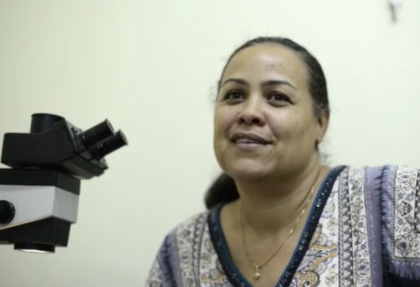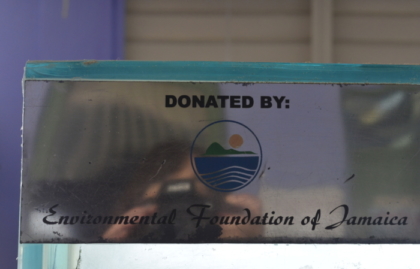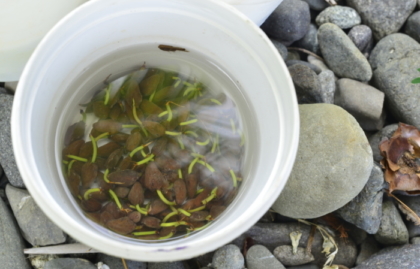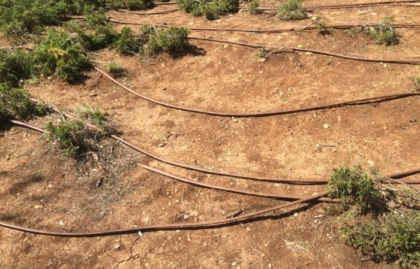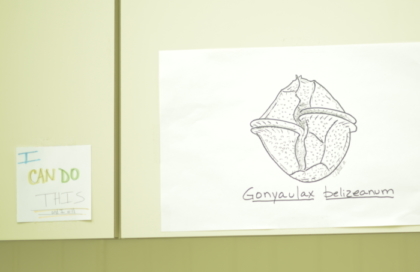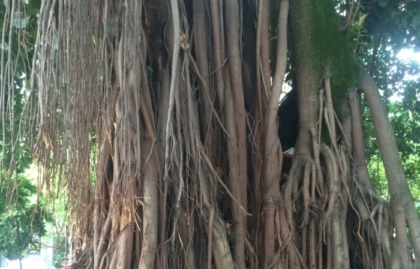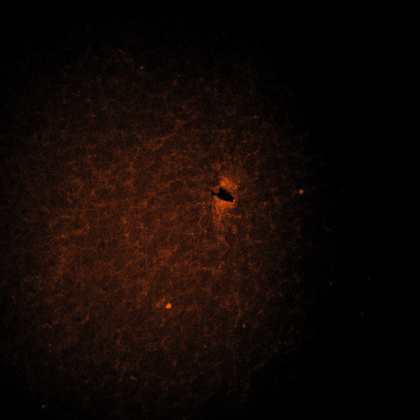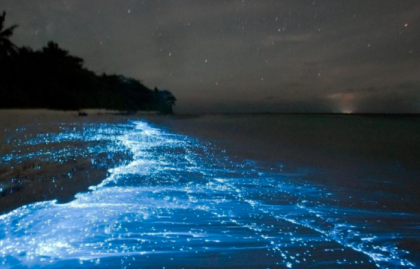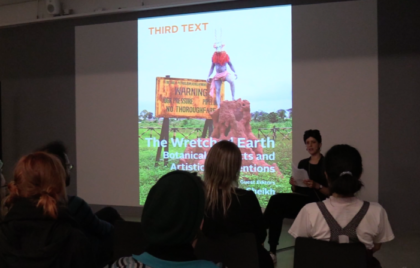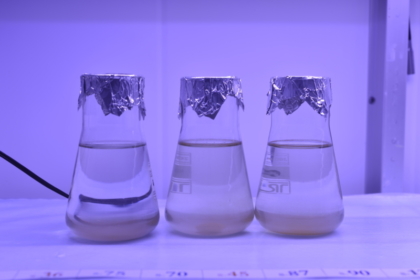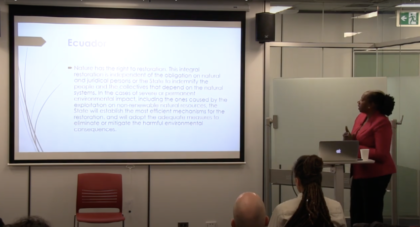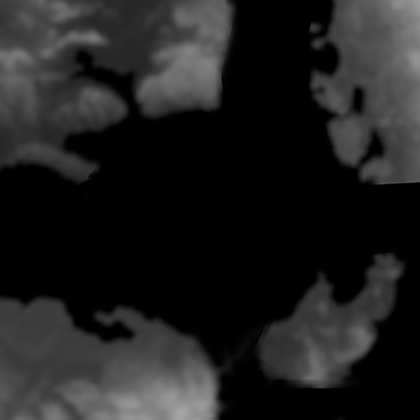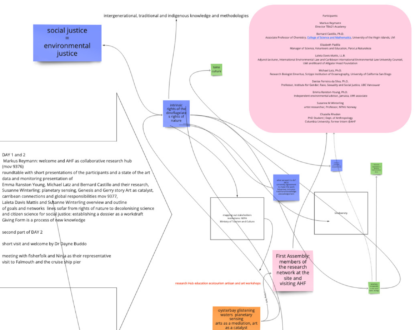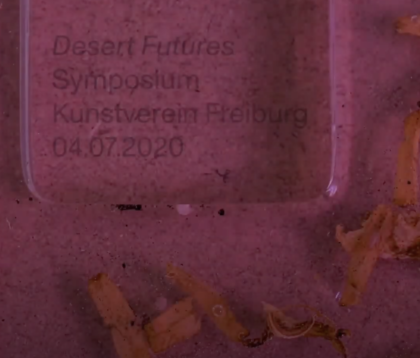decolonizing sciences – transformations, more particles
ocean systems in peril
Michael Latz
Ocean systems in peril
How a warming planet is threatening ocean cycles that fuel our atmosphere, food chain, and weather patterns.
by Dahr Jamail, 20.06.2012, published on aljazeera.
The ocean’s phytoplankton, also known as marine algae, is the planet’s most important organism. They generate at least half of the oxygen we breathe, and are a vital component in the ocean’s food chain.
So when researchers find trouble among phytoplankton, which has dramatic implications for the marine food web and the world’s carbon cycle, we should pay attention.
According to researchers at Canada’s Dalhousie University, phytoplankton populations have dropped 40 per cent since 1950.
Recently published studies have shown that these populations are continuing to fall. Scientists interviewed by Al Jazeera are concerned that our world’s oceans are growing increasingly instable and unhealthy.
Global warming’s effects on marine cycles and ocean chemistry are going to be hot topics at the upcoming Rio+20 United Nations Conference on Sustainability next month in Brazil.
Al Jazeera’s investigation has revealed serious warning signs.
Phytoplankton
Phytoplankton, which are microscopic single-celled organisms, absorb carbon dioxide in order to produce 50 per cent of the world’s oxygen, an amount equivalent to that of all the trees and plants on land.
Alarmingly, there has been an annual drop of about one per cent of the average plankton population between 1899 and 2008, and scientists like Dr Michael Latz with the Scripps Institute of Oceanography believe that rising sea surface temperatures are to blame.
Latz, a marine biologist, specialises in bioluminescent phytoplankton, which produce light through photosynthesis. Latz believes that by monitoring these organisms’ bioluminescence, it is possible to assess the health of the oceans.
“As global warming changes ocean flows, these micro-organisms are increasingly at risk,” he said. “Changes in phytoplankton will impact all of the food chain.”
Latz explained to Al Jazeera that with global warming increasing the temperature stratification of the oceans, “This has the effect of reducing mixing of deep nutrients into surface waters that normally fuels the growth of phytoplankton. The result is less phytoplankton.”
Latz, who has been studying bioluminescence for more than 30 years, also worries that since global warming is increasing the strength of storms that threaten coastal areas, this too is affecting phytoplankton populations.
“These storms threaten the bioluminescent bays of the Caribbean, which I consider one of the ecological wonders of the world,” Latz said. “In a 2010 pilot study in one of the bays in Puerto Rico, we observed that storm events caused large decreases in bioluminescence at the same time there was a phytoplankton bloom of non-luminescent species.”
His concern is that increased stress on the ocean system may push it past a “tipping point” from which it may not recover, and instead transition to a non-luminescent state.
To him, bioluminescence can be considered an ecological “canary” in the proverbial coal mine, hence, “A reduction in bioluminescence may signal an ecological degradation.”
Dr Latz is promoting more scientific studies that monitor how bioluminescent bays function, because he believes increasing people’s knowledge about them is an important part of any solution to this crisis.
According to Latz, the US Environmental Protection Agency is becoming more involved in the issue, as well as increasing their involvement with a local conservation group with Mosquito Bay near Vieques, Puerto Rico, one of the bioluminescent bays.
“This will help bring a science infrastructure to the area that is currently lacking, and hopefully allow for future scientific studies,” Latz said. “I look forward to working with them to promote scientific understanding and effective management of the bays.”
Another threat is how global warming is causing the oceans to affect weather patterns.
‘It’s bad and we know it’s getting worse’
Global warming is affecting the oceans’ chemical composition and having massive impacts on another crucial marine ecosystem.
In the last two decades, worldwide coral has been destroyed five times more rapidly than tropical rainforests, and the pace of destruction has at least doubled in the last 10 years alone.
Dr Nancy Knowlton is a marine biologist at the Smithsonian Museum of Natural History in Washington DC. Her research has focused on the impact of climate change on coral reefs around the world, specifically how increasing warming and acidification from CO2 emissions have affected oceans.
While Knowlton is unable to say whether oceans have crossed a tipping point, she offered this discouraging assessment, “We know it’s bad and we know it’s getting worse. If we care about having coral reefs, there’s no question we have to do something about CO2 emissions or we won’t have coral reefs, as we do now, sometime between 2050-2100.”
Since at least one quarter of all species of life in the oceans are associated with coral reefs, losing them could prove catastrophic.
“Coral reefs are like giant apartment complexes for all these species, and there is intimacy,” Dr Knowlton explained. “If that starts breaking down, these organisms, which include millions of species around the world, lose their homes. Even if they aren’t eating coral, they depend on it.”
Warning signs abound.
Some corals in the waters around the Galapagos Islands are nearing extinction, and more than a quarter of the coral reefs in the world have already been killed.
The Caribbean, a place where just a few decades ago coral was abundant, 80 per cent of the reefs have died.
Oceanographer Carol Turley from the Plymouth Marine Lab in the UK has projected that by 2040, most of the Arctic Ocean will be too acidic for shell- forming species, including most plankton, and significant areas of the Southern Ocean (Antarctic Ocean) will also be affected.
The effect causes the polar-regions’ cold waters to allow more CO2 to be absorbed at an accelerated rate, which turns the oceans more acidic sooner.
According to Turley, the oceans have not seen a rapid change like this in 60 million years.
Weather
Scientists recently detected a very clear shift in the salinity of the world’s oceans, and have found that global warming has caused intensification in the cycle that drives both rainfall and evaporation.
Al Jazeera’s Senior Weather Presenter, Steff Gaulter, says the ocean is one of the biggest influences on the weather, and that even small changes in its characteristics have the potential to create dramatic effects.
“By altering the temperature or the salinity of the ocean, you can actually shift weather patterns, and therefore change where the rain falls and where it doesn’t,” she explained. “This can lead to floods and droughts, increasing the number of severe weather events around the globe.”
A study published April 27, 2012 in the journal Science estimated how different areas of the world will be affected by increased rainfall and more severe droughts as the planet warms, which affects crops, water supply and the ability to defend against flooding.
Oceans, which cover 71 percent of the planet’s surface and store 97 percent of the world’s water, are the main source of moisture in the atmosphere through evaporation.
Some ocean regions are saltier, meaning less rainfall, and others are fresher, meaning high rainfall, making salinity measurements a good way to measure changes in rainfall patterns.
A recent study found that the water cycle intensified four per cent between 1950 and 2000, twice as much as was previously projected by climate models.
Carbon reserve
Oceans are also a critically important carbon reserve.
Scientists estimate there are approximately 3,000 gigatonnes (Gt) (one Gt is one billion tonnes) of carbon in the atmosphere. The oceans hold around 38,000 Gt of carbon, which is 16 times as much carbon as the terrestrial biosphere (all plant and underlying soils on the planet), and 60 times as much as the pre-industrial atmosphere held.
Since the ocean is the greatest of all the carbon reservoirs it fundamentally determines the carbon dioxide (CO2) content of the atmosphere. Additional atmospheric carbon from the burning of fossil fuels gets absorbed by an already overburdened ocean.
“We have to be careful because if we change the temperature and composition of the oceans, this is going to come back to haunt us,” Dr Maria Salta, a biological oceanographer at the University of Southampton, warned Al Jazeera. “So all these processes can detrimentally effect future generations, as well as Earth.”
Warming continues
The UN Intergovernmental Panel on Climate Change recently announced that enough is already known about the risks from climate-change related disasters, so policymakers should start making decisions now about how to deal with them.
The announcement came in the form of a report titled Managing the risks of extreme events and disasters to advance climate change adaptation.
The 594-page report, with authors from 62 countries that was released on March 28, is the world’s most up-to-date assessment of climate change risks.
It said that every nation on Earth will be vulnerable to the expected increase in heat waves, floods, and intensifying droughts caused by global warming, and should begin preparations immediately.
While there are efforts geared towards positive change, Dr Salta warns that more needs to be done.
“We are not looking at long term solutions for these problems, and they are out there,” she concluded, “But we’re not looking at them.”
